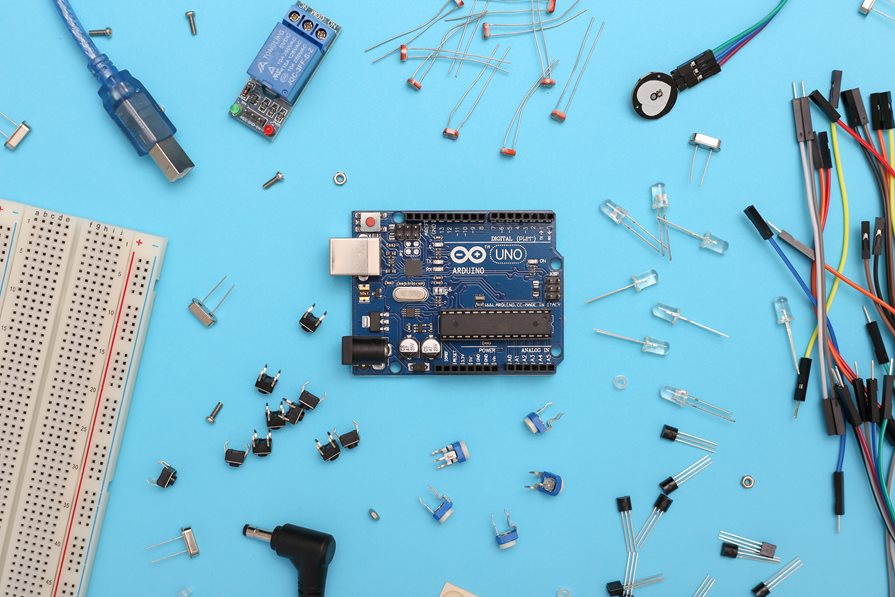Engineering Design for the E-Waste Recycling Industry – Connecting Industry and Students through Curriculum Projects and Applied Research

Conestoga College (Conestoga) is a post-secondary polytechnic institute located in Ontario. Conestoga has a mandate to provide vocational training to students to make them job ready. This institute regularly engages with industry partners to bring added value to the education students receive. Many programs, especially engineering degrees, include project based learning. Project based learning integrates real world challenges directly into curriculum. Over the last ten years, Conestoga, through funding provided by various provincial and federal funding agencies, has engaged industry partners on projects spanning the full breadth of academic programming offered by the institute.
One such project focus is research into the recycling of electronic waste (e-waste), which regularly engages engineering students Conestoga’s Mechanical Systems Engineering (MSE) and Electronic Systems Engineering (ESE) degrees. Key to this field of research is the design, implementation and testing of automation solutions for e-waste sorting and processing. Conestoga’s MSE degree program is a pioneer in bringing industry challenges directly into the engineering classroom to support project-based learning, and in the third year of the four-year degree, a two-semester project course integrates with the curriculum with the explicit goal to provide open-ended engineering design opportunities. In 2019, an opportunity arose for the engineering design and prototype build of a pre-sorting automation system for e-waste recycling.
Students are provided rough specifications and requirements by Conestoga’s Industrial Research Chair for e-waste recycling along with significant input from e-waste recycling industry partners. Multiple designs are proposed during the first semester, with a final design selected for implementation and testing in the second semester. This curriculum project opportunity enhanced Conestoga’s reputation for the development of highly qualified personnel (HQP) for industry, with additional co-op job opportunities in later semesters. The importance of industry / academic collaboration to enhance student attainment of important graduate attributes, including engineering design, is illustrated.

